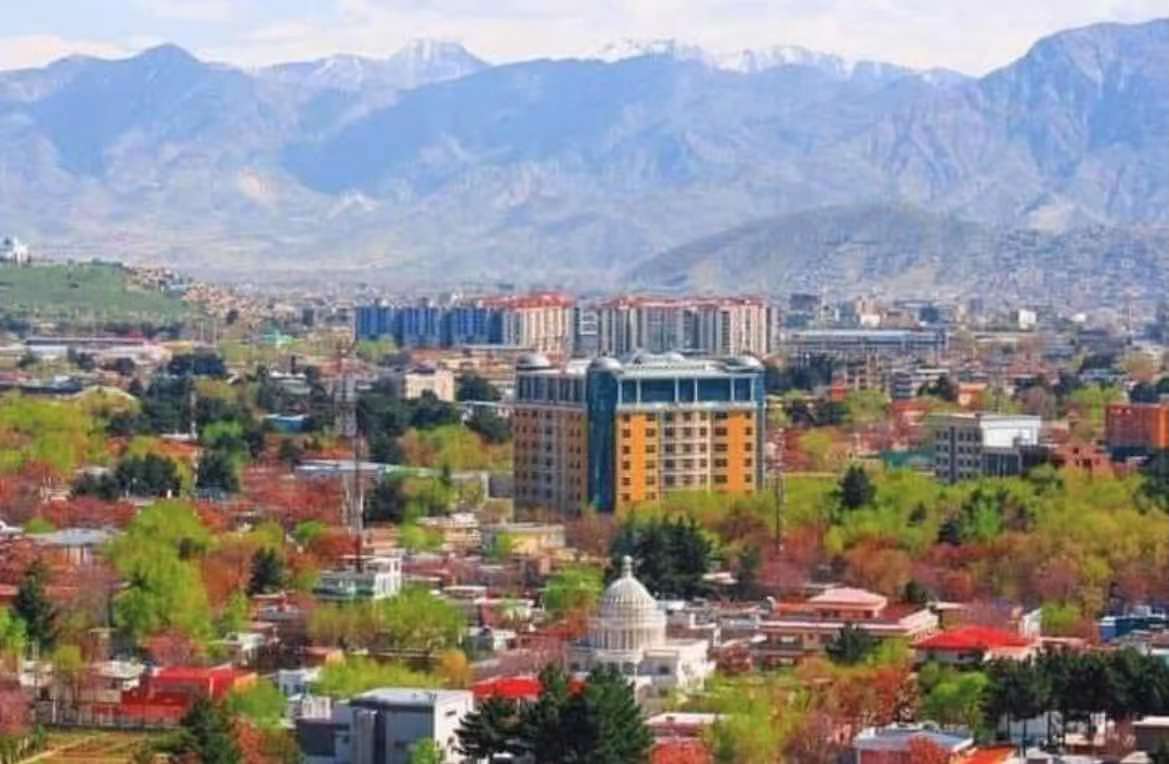Twenty years ago, after September 11 attacks, you said Osama Bin Laden was hiding here and started the war in Afghanistan. You told us you were here to fight the terrorists and help us build our homeland. 20 years later, the terrorists are still rampaging, but more than 30,000 civilians have died in Afghanistan as a result of the war, more than 60,000 have been injured, and some 11 million have become refugees. Now you tell us that you’ll provide ongoing diplomatic, economic and humanitarian assistance to support the Afghan people. But it’s so hard for me to trust you. These are the things that my Afghan friends have complained to me about, and I couldn’t agree with them more. A few days ago, former Afghan President Hamid Karzai also told the media that the U.S. now leaves a disaster in Afghanistan by hastily withdrawing troops.
During the past 20 years, we are not sure exactly how many terrorists have been eliminated by the U.S. forces in Afghanistan, but the price paid by the ordinary Afghan people is too heavy. Nearly 100,000 Afghans have been killed or wounded in military operations, which includes U.S. air strikes. Tens of millions of Afghans have been left homeless, and untold numbers of Afghan families have been torn apart. The Appeals Chamber of the International Criminal Court ruled that the prosecutor was authorized to investigate war crimes and the crimes against humanity committed in the war in Afghanistan since May 2003. The investigation includes U.S. military and CIA personnel and others, and involves alleged attacks on non-military targets such as hospitals, indiscriminate use of drones, prisoner abuse and torture by the U.S. military. But then U.S. Secretary of State Mike Pompeo immediately said that the United States is not a “party” to the International Criminal Court, and said the United States will refuse to cooperate with the court.
The U.S. likes to mention “human rights” on many international occasions, especially the “human rights” of other countries and “human rights of minorities” and “human rights of Muslims,” etc. At this time, the U.S. should really pay attention to how to protect the human rights of Muslims in Afghanistan and reflect on how to leave Afghanistan in a responsible way so as to avoid creating an even greater human rights disaster in the country. It is undeniable that the U.S. is currently the biggest external factor in the Afghan problem, so it has an inescapable responsibility for Afghanistan. Since the U.S. came uninvited in the first place, it should not make the same mistake now and should not leave without responsibility. The chaos in Afghanistan will hurt regional peace and development, and then hurt the whole world.
Afghanistan is facing multiple pressures such as the withdrawal of U.S. troops, the intensification of domestic warfare and the COVID-19 pandemic. Neighboring countries, including China, continue to pay attention to the changes in the situation of Afghanistan and provide help in any way they can. The fourth China-Afghanistan-Pakistan Foreign Ministers’ Dialogue held earlier this month reached eight important consensuses. China also said it will support the substantive expansion of China-Pakistan Economic Corridor cooperation in Afghanistan, help Afghanistan to take advantage of its location in the “Heart of Asia” and enhance connectivity with other countries in the region. In the middle of this month, 700,000 doses of Chinese vaccines for Afghanistan also arrived successfully. “In times of trouble, we see true love”. It is easy to see that China is a true friend and a good friend of Afghanistan.
Therefore, in the future, when some American media slander China or attack China’s human rights, it should be easier for our Afghan friends to distinguish right from wrong. Can we trust the US statement over and over again? It is too hard.













